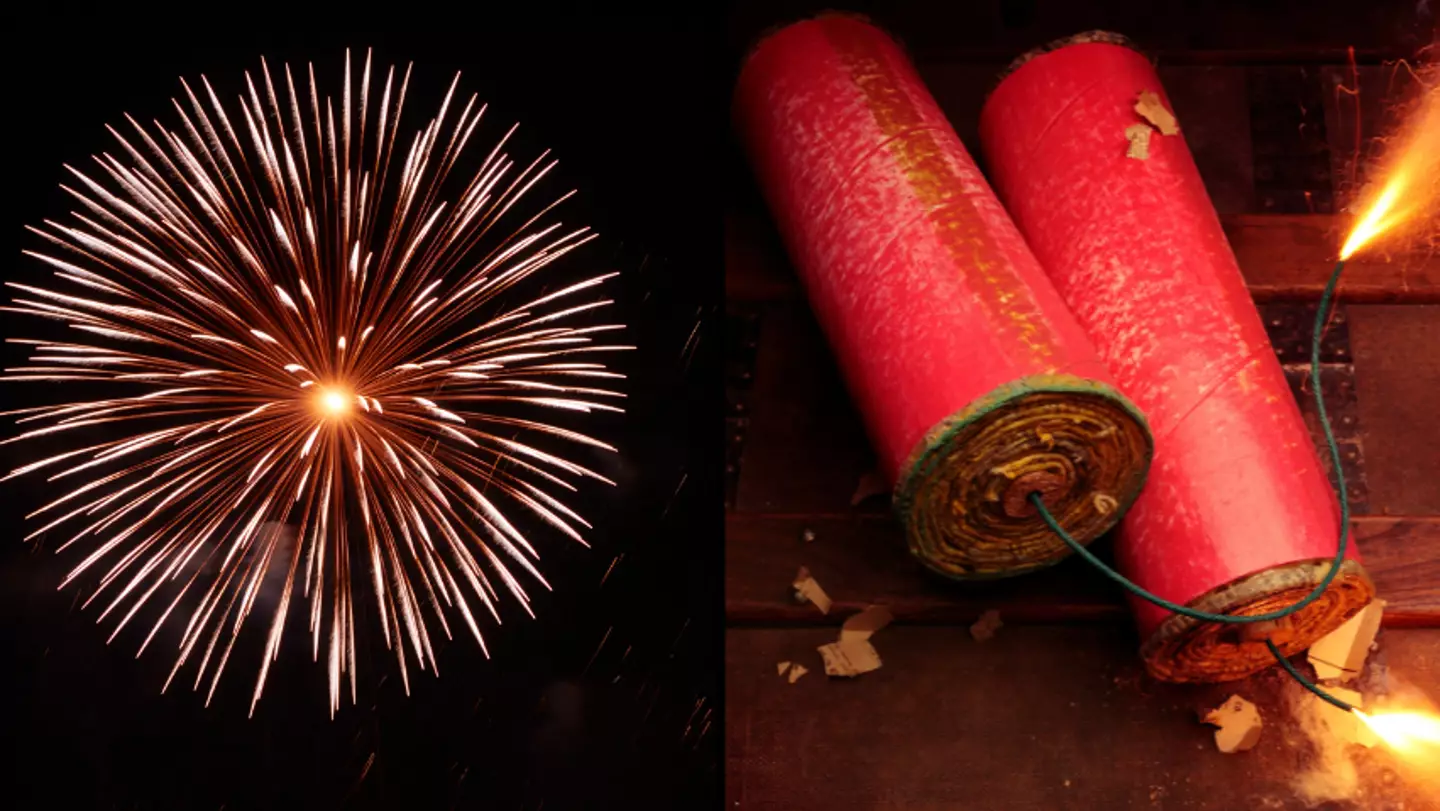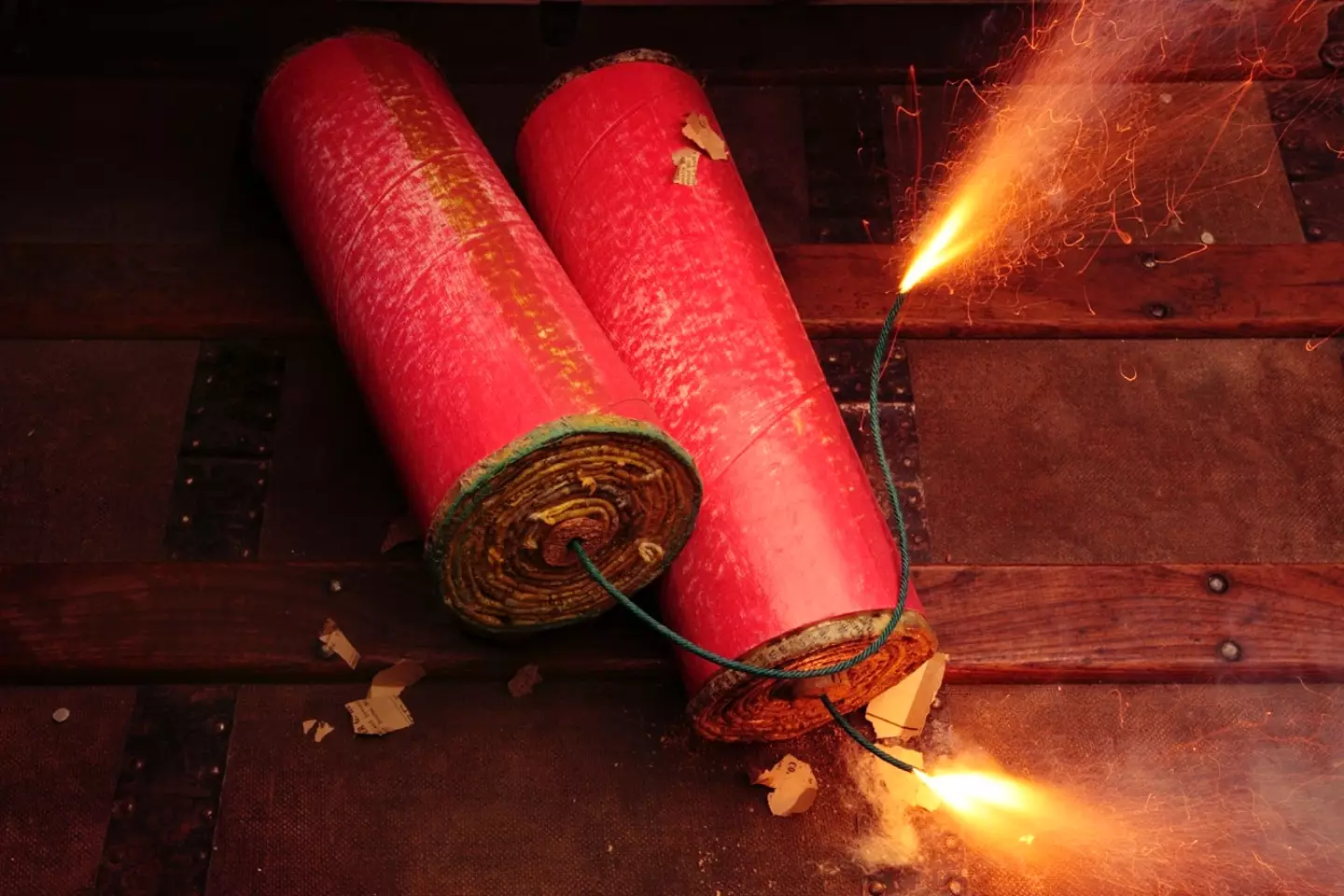
For some, New Year's Eve is just another day, and for others, it's more of an occasion than Christmas.
From staying at home and watching London's iconic display on the telly, to putting on a little session in the back garden - it seems that fireworks come hand in hand with 31 December.
However, before you get ahold of your fireworks from the supermarket, make sure you're not breaking the law in the process.
Advert
Buying fireworks
First thing's first, you must be over the age of 18 to purchase 'adult' firework (category two and three).
According to the UK Firework Review (UKFR), Category F2 and Category F3 fireworks 'cover just about every type of firework from rockets through to cakes, barrages, fountains and so on'.

Safe distance
The UKFR adds: "Category F2 fireworks require the smallest safety distance to spectators, typically 8m or 15m.
"In actual fact the F2 classification requires a minimum distance of 8m but manufacturers are free to increase this to any distance, so it’s not uncommon to see even 20m stated on F2 fireworks.
"Category F3 fireworks are more powerful and require a spectator distance of at least 25m.
"Category F4 fireworks are for professional use only."
Retire immediately
This basically means that the person lighting the firework needs to vacate the safety area at the appropriate distance.
Once you've lit the firework, don't stand next to it, obviously.
"So in short if you have 10m for example do not use 15m or 25m rated fireworks, use 8m fireworks. Similarly, 25m F3 fireworks must have 25m distance at least. Don’t fire them at 15m or 20m," UKFR states.
Using fireworks at home
Fireworks are not normally allowed to be used between 11pm and 7am.
However, for the likes of Diwali, New Year's Eve, and Chinese New Year, you can fire away till 1am.
But be sure to keep the noise down to 120 decibels for consumer fireworks - you can download a free app on your phone to measure the sound.
It's also worth checking with your local council to find out if there are any specific rules for setting off fireworks in your area.

Animal safety
According to the law, it is illegal to cause 'unnecessary suffering to an animal'.
A spokesperson for the Department for Environment, Food and Rural Affairs (Defra) confirmed the use of fireworks could be seen as causing unnecessary suffering to animals.
They said: "Users of fireworks need to use them responsibly and be aware of animals close by, and those found guilty of causing animals unnecessary suffering can face up to five years' imprisonment."
Fines
If you don't follow curfew times you can get a fine of up to £5,000.
You could go to jail for up to six months for selling or using fireworks illegally.
Police can also issue on-the-spot fines of £90 for minor offences.
Topics: UK News